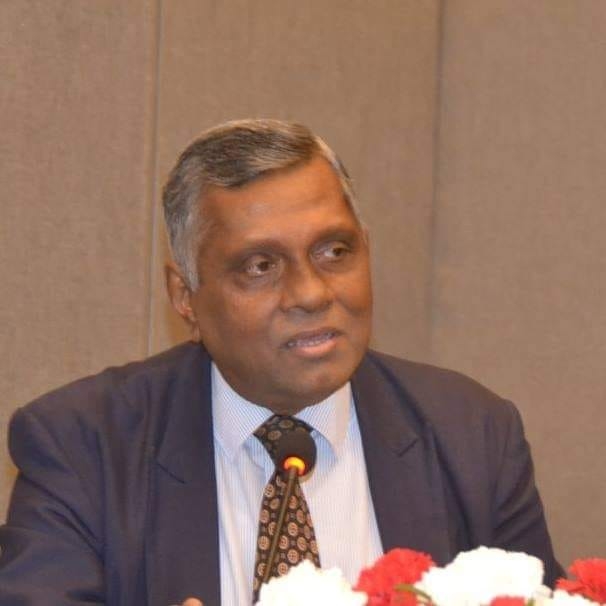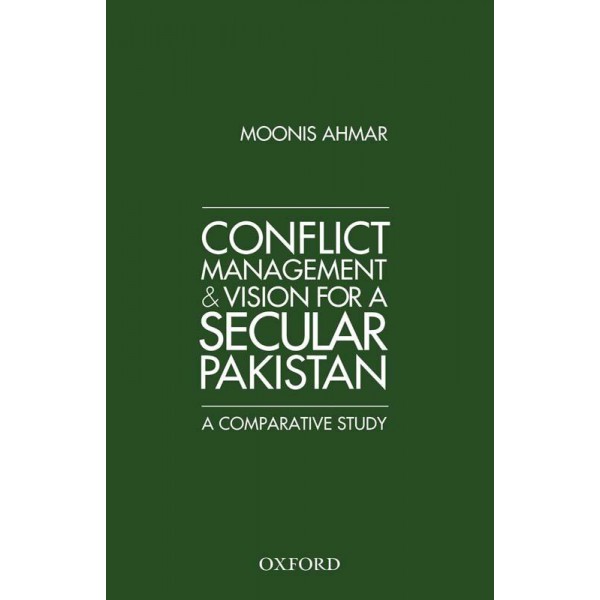The emergence of non-traditional security threats in the international system has raised serious issues of religious extremism and sectarian violence across the globe. In order to stay away from the contemporary wave of religious extremism, the Muslim states around the world, including Pakistan, are designing every possible measure to manage their internal affairs. Moreover, in the presence of American sponsored global war against terrorism, states mainly from the Muslim world have devoted their entire political machinery for counter terror operations. Parallel to the ongoing global anti-terror campaign, the debate for overcoming the violent wave of religious extremism and sectarianism has encircled the intellectual gathering of international community. Writers from different regions are trying to present their views regarding management of conflict-ridden international environment under the shadows of religious extremism. Moonis Ahmar, a Karachi based scholar, has tried to address the question of conflict pertaining to communal and sectarian attributes.
Dr. Moonis Ahmar is a professor of International Relations and the Director of Peace Studies and Conflict Resolution at the University of Karachi. He holds his specialization in conflict and security studies related to South and Central Asian regions. He is a prolific writer and has contributed his intellectual insight at different national and international levels. While expressing his thoughts on various topics, Dr. Ahmar has written two books, four monographs and edited fifteen books. The book under review addresses the question of violent conflicts and their resolutions while studying the Pakistani case. No doubt, the religious foundations of Pakistan has provided freedom to the Muslims of the subcontinent immediately after the British colonial retreat, but the subsequent governments remained ineffective in creating a countrywide peaceful environment. On the basis of the two-nation theory and the struggle of Jinnah, the Muslim minority secured an independent status in the subcontinent, but the post-independent development has pushed the whole nation into serious circumstances where the leading state authorities are struggling to overcome religious and sectarian conflict in the country. Therefore, a secular approach, according to Dr. Ahmar is adequate to address the question of conflict resolution in Pakistan.

The book is divided into five brief chapters and every chapter covers a separate theme. An interesting debate starts from the conception of secularism in the first chapter after formally introducing the core idea of the study, and it ends the debate on the vision of secularism and its association to Pakistan. The remaining three chapters discuss the notion of secularism and its association to societies gripped in internal violence (related to communal and sectarian issues). The fascinating portion of the book comes under chapter two which examines the association of secularism with Pakistani society. The writer raises seven questions related to the approach of secular or secularism in this chapter which needs to be considered seriously in Pakistan. The arguments in favour and opposition of secular Pakistan are intellectually made in order to further elaborate the scope of secularism and its significance in Pakistan (p.44). The third and fourth chapters provide details of various models of secularism adopted by the countries of European and Muslim regions generally. The most interesting part of the book regarding the Muslim states explains the role of religion in Turkey, India, and Indonesia. Three models of secular approaches for managing the religion parallel to the political system of the State present the apposite examples of managing the religion-based conflicts in the societies. In short, whole debate in the book revolves around the question of peaceful resolution of religious-based conflict.
The book talks mainly about the significance of secularism in the affairs of the country and how the mainstream leadership can incorporate the actual notion of secularism with the main structure of the State. The author investigates the impartial and unbiased construction of secularism while focusing its growth in the international system. It is an exceptional study containing comparative examination of different state structures and the development of strong political system which could be a combination of religious and secular concepts. Hence, the book touches a most sensitive topic or a most neglected area of research in Pakistan. It is an appropriate study for leading policymakers of Islamabad because it attempts to produce a nonconventional approach for minimizing the contemporary wave of crisis from Pakistan. The entire debate advocates the actual application of secular ideas in the society which are helpful in eliminating the culture of extremism and intolerance from the society. Instead of underestimating or damaging the ideological foundations of Pakistan, the writer in his research recommends that secularism is an appropriate way of generating the chances of peace. In short, the central theme of the book opens a new debate in Pakistan which could be seriously continued by the intellectual community of Islamabad.





